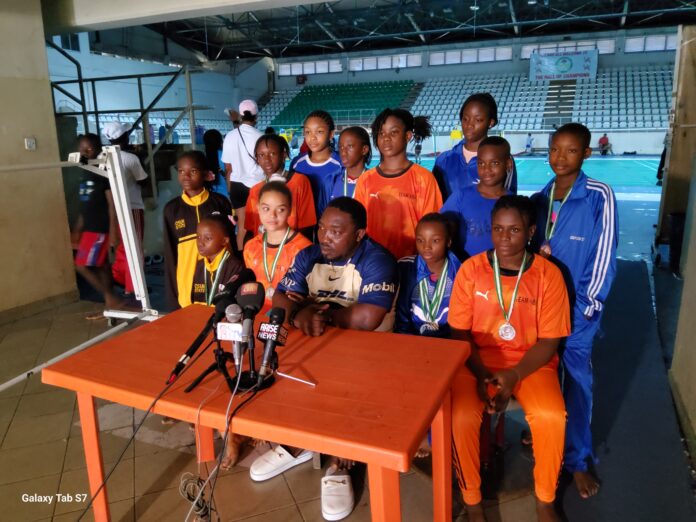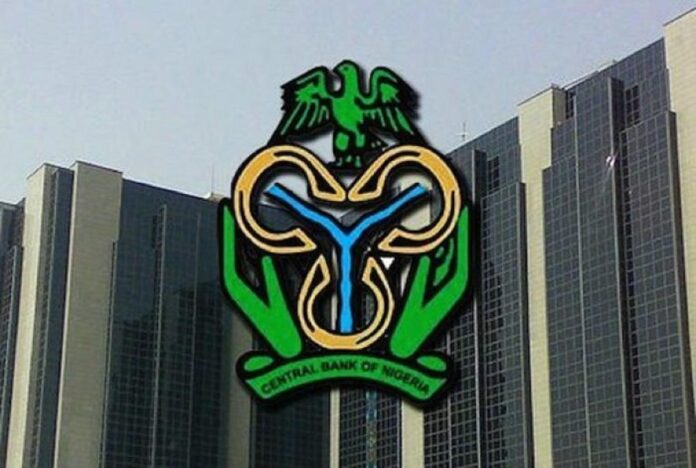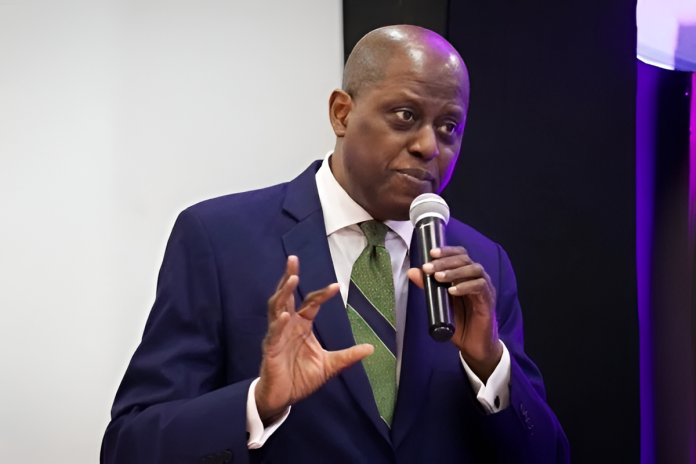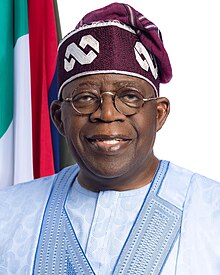By Charles Ebi
Credit to the government surged by over N11 trillion in the month of August 2024, as high interest rates make government securities more attractive to investors.
This is according to the latest money and credit stats data of the Central Bank of Nigeria ,CBN.
The CBN data also shows that credit to the government accounts for 29.4% of N105.88 trillion net domestic credit in August as the government continues to rely more on local borrowing to fund its expenditures.
This was as the private sector experienced a slight decline in credit as debt repayment intensified, buttressing the impact of rising interest rates, which have made borrowing more expensive for businesses while driving greater interest in government securities.
In August 2024, credit to the government reached N31.15 trillion, a sharp increase from the N19.83 trillion recorded in July 2024.
This marks a significant growth of N11.33 trillion or 57.1% in just one month. The surge in government borrowing reflects the increasing attractiveness of government securities, driven by higher yields resulting from persistent interest rate hikes by the CBN.
By comparison, in August 2023, government borrowing stood at N22.51 trillion, meaning that in the space of one year, government credit has risen by 38.5%, affirming the growing reliance on debt to finance public expenditure.
While the government is increasingly tapping into credit markets, the private sector appears to be retreating. Credit to the private sector in August 2024 stood at N74.73 trillion, a slight decrease from N75.51 trillion in July 2024. This marks a reduction of about N780 billion, or 1.03%. Though the decline is relatively modest, it reflects the broader trend of businesses struggling to cope with rising borrowing costs as the CBN continues its monetary tightening.
In August 2023, private sector credit was significantly lower at N56.95 trillion, highlighting that while there has been an overall increase in private sector borrowing over the past year, the rising cost of debt is starting to weigh on businesses’ willingness to expand credit further.
The CBN, under Yemi Cardoso, increased the Monetary Policy Rate ,MPR, five times to combat inflation and foster economic stability.
The first hike increased the rate from 18.75% to 22.75%, the second to 24.75%, the third to 26.25%, the fourth to 26.75%, and most recently in September 2024, the Monetary Policy Committee ,MPC, raised the rate by 50 basis points to 27.25%.
These increases, totalling 850 basis points since Cardoso’s appointment, have been driven by efforts to tackle the country’s persistent inflation challenges, which include high core and food inflation.
The CBN’s tightening monetary policy has reshaped the dynamics of credit allocation in Nigeria. Rising interest rates have made government securities more attractive to investors, as higher yields offer better returns with relatively lower risk compared to private sector lending. This has led to a surge in government borrowing, while businesses, facing higher borrowing costs, are more cautious.
However, there are concerns that prolonged tight monetary policy could stifle economic growth, especially if businesses are unable to access affordable credit to finance expansion and investment.
Also, although government securities have become more attractive due to higher yields resulting from persistent interest rate hikes by the CBN, the government is not exempt from the pressures of increased borrowing costs.
As interest rates continue to rise, the government will have to pay more to service its debt, particularly on new issuances of bonds and treasury bills. This could strain public finances further, as the cost of servicing debt could consume a larger portion of government revenue, leaving less room for critical expenditures such as infrastructure projects, social services, and other development initiatives.
The Bola Tinubu administration has relied mostly on the domestic debt market, especially treasury bills, to fund short-term obligations, a huge departure from the Muhammadu Buhari administration, which relied mostly on the CBN’s Ways and Means Advances.
Nigeria has a total Treasury Bills ,T-Bills, debt of N10.4 trillion, a 60% rise in just three months, according to data from the Debt Management Office ,DMO.
The CBN also incurred an estimated N1.55 trillion in interest payments for the 12 successful T-Bills auctions conducted in the first six months of 2024.
The interest costs in 2024 were approximately 654.7% higher than the N205.63 billion recorded the same period of the previous year.
Data from the apex bank reveals that the apex bank has sold Treasury Bills worth N8.4 trillion in the first half of the year for tenors ranging from 91-days, 182-days and 364-day bills. The stop rate, which is the interest rates accepted from the bids on offer, ranged from as low as 2.44% for some 91-day bills to as high as 21.49% for 364-day bills.
The Lagos Chamber of Commerce and Industry ,LCCI, recently lamented the effect of high interest rate of CBN’s Treasury bill noting that it is drying up funds from the private sector into government’s treasuries.
The Director-General of the Centre for the Promotion of Public Enterprise ,CPPE, Dr Muda Yusuf, called on the CBN to expedite the window of development finance for businesses to mitigate the effect of the high monetary policy rate in the country. He noted that businesses need the single-digit interest rate to drive the Nigerian economy.
Also, the President of the Dangote Group Industries Ltd, Alhaji Aliko Dangote stated that no economic growth will happen unless the bank interest rate at 30% decline. He further called for the protection of local industries, especially in manufacturing, across the country.
However, Yemi Cardoso, the Governor of the CBN earlier emphasized the necessity of maintaining higher interest rates to address the persistent inflation issues plaguing the Nigerian economy. Cardoso stated that tighter monetary policy accompanied by higher interest rates was at their disposal to solve the challenges of high inflation.











